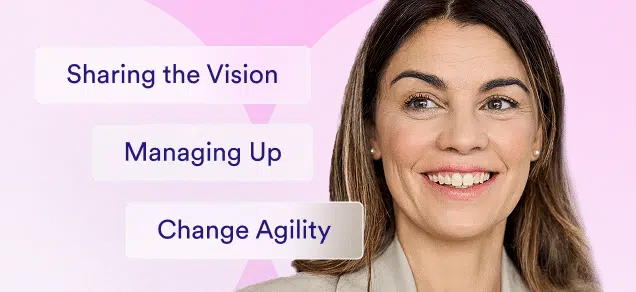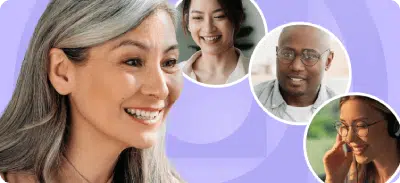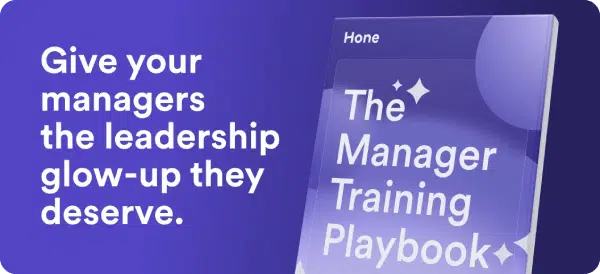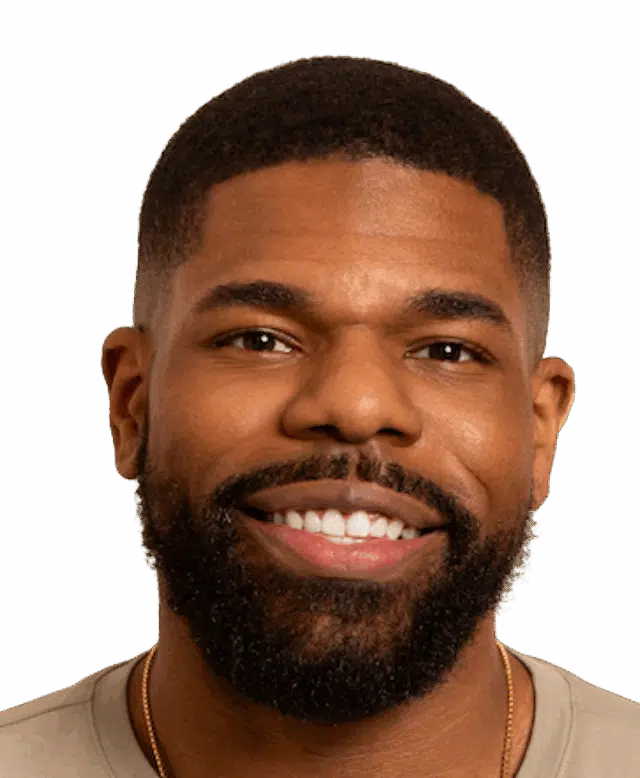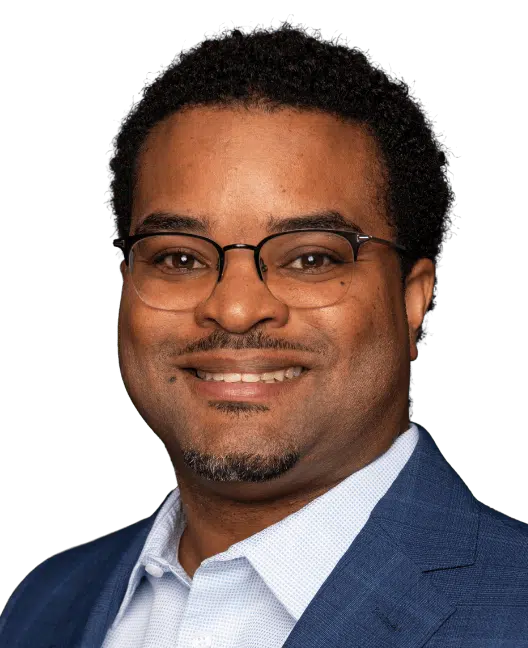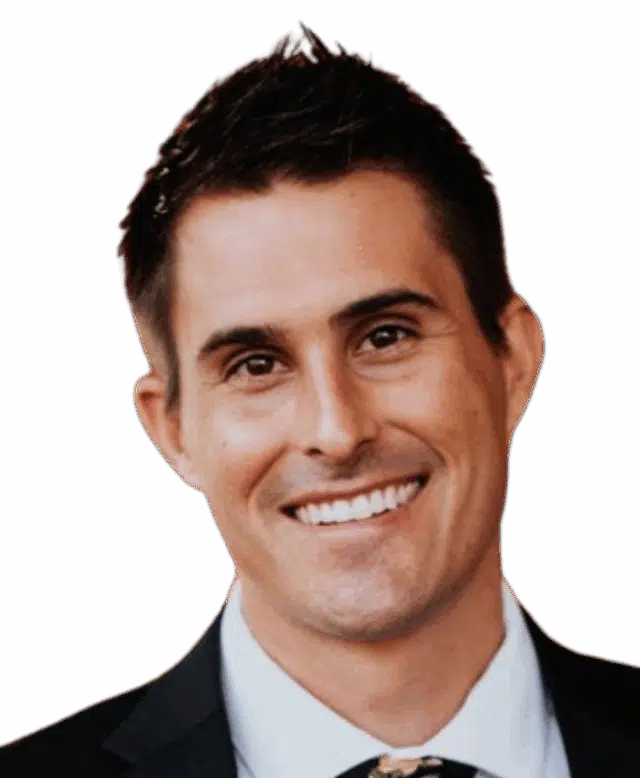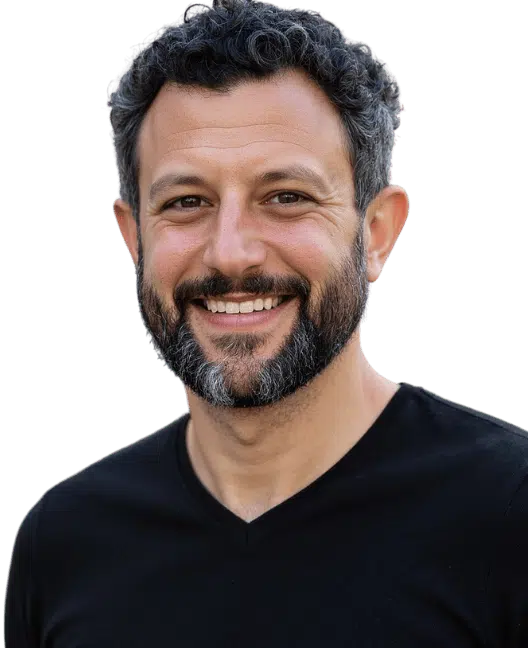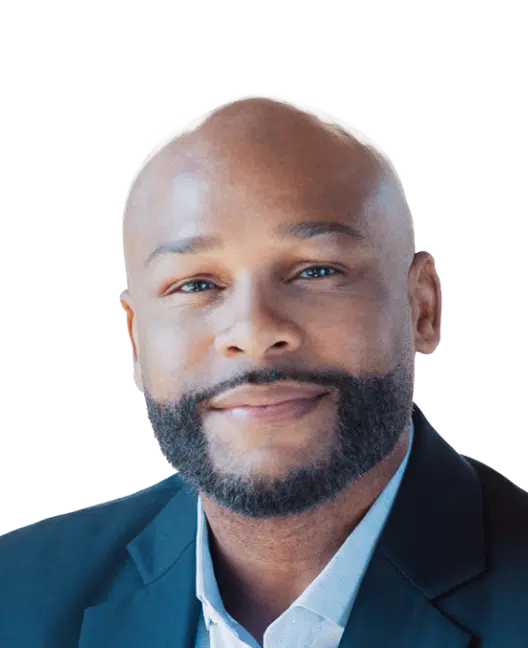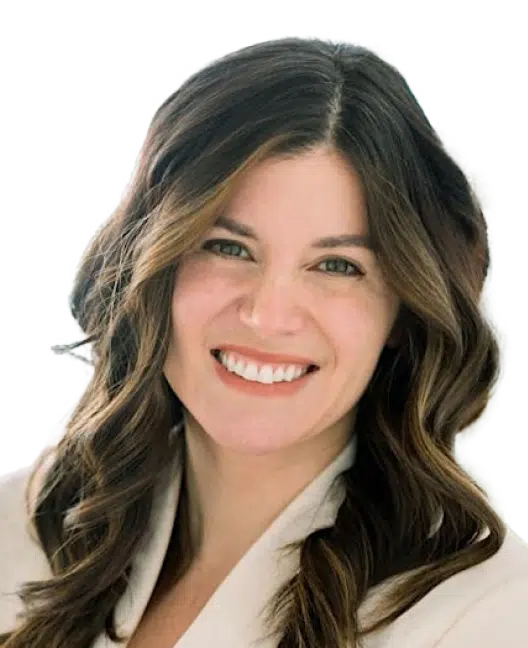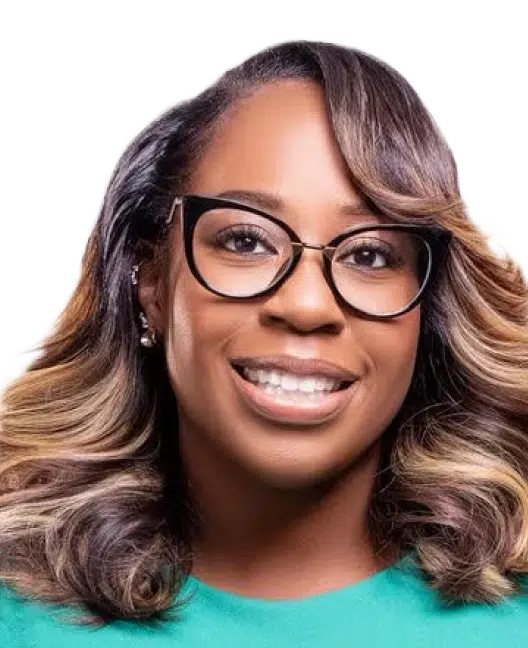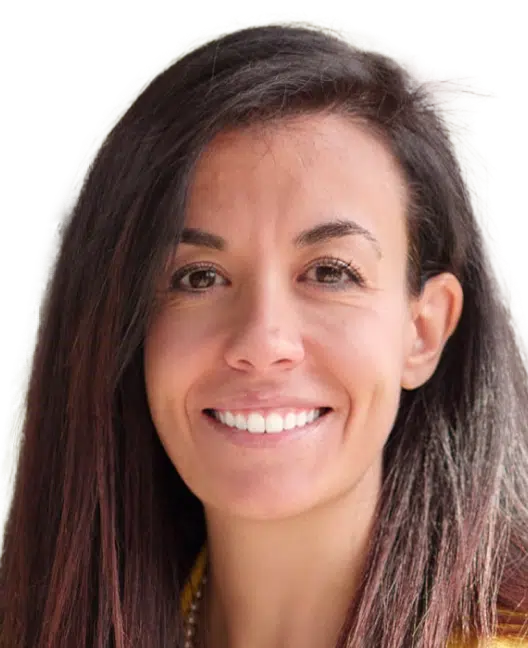- ProductHone AI is a live, interactive AI Coach that helps employees build leadership and workplace skills in the flow of work.
- Solutions
Senior Leader Accelerator
Personalized development tailored to senior leaders’ needs with flexible building blocks.
- Why Hone?
When Self-Paced eLearning Isn’t Enough
After teaching hundreds of thousands of learners, we’re sharing the secrets behind our world-class training methodology that produces real outcomes.
- Resources
Your manager training program called — and it’s ready for a glow up. ✨ Download the free Manager Training Playbook with data, frameworks, and real-world examples to build better managers at every level.
Coach spotlight
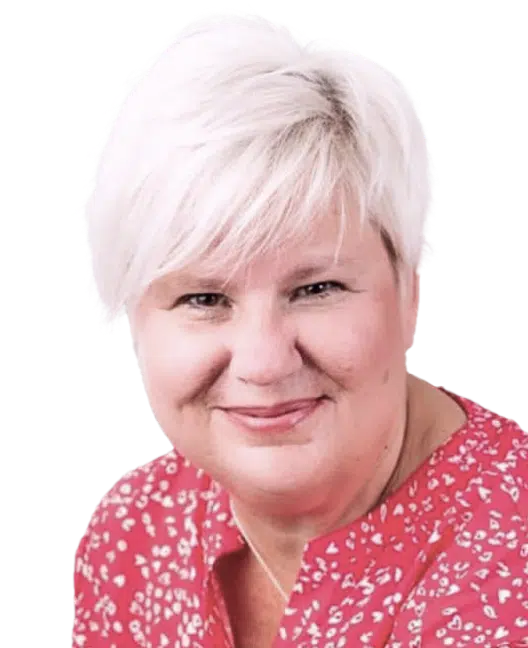
Alison
Roper
Alison is a passionate, energetic and experienced facilitator and coach.
Alison worked in the FMCG industry for 27 years and has successfully run her own business for the last 3 years, utilising her expertise of working with different teams and individuals at all levels. She has worked globally and has multicultural experience. She is an NLP Practitioner and Coach with MBTI level 1 certification.
She currently resides in the outskirts of London with her husband, 2 sons and 5 cats.
Meet
Alison
Like most people, Alison “fell into” coaching after discovering she could combine her strengths of empathy, positivity, communication, and building rapport with others with her passion for seeing people grow and develop in their careers. Today, you can find Alison enjoying the greater London area with her husband, two sons, and five cats.
To learn a bit more about Alison, her coaching philosophy, and her current book recommendations, we virtually flew across the pond to speak with her. Here’s what she had to share:
Can you tell us more about yourself?
I’ve been working with Hone for just about 3 years as one of their principal coaches. I live in London with my husband and two sons. A few useful things to know about me are that I am an avid reader, I am always reading and always drinking tea—a true Brit! I’m also a lover of all things social, so parties, concerts, and hanging out with my buddies.
What first attracted you to coaching?
I’ve been coaching informally for quite some time. Throughout my career, people would typically come to me for advice and to run ideas by me. Rather early in my career, I realized that I had a strong desire to see people succeed. I found real joy in watching people develop, grow, and move on in their careers. I worked at Mars for quite some time and my role required a lot of the core skills that you need as a coach, like listening and asking insightful questions. It felt like a logical step to start to bring all of that stuff together and train as a coach. That’s what started me on my coaching journey.
What is your philosophy on coaching?
I have this fundamental belief that everybody is awesome at something, they just need to identify what it is. I also believe that we can develop that at any age. I found my niche when I was in my early 40s—I’d taken one career path and then moved down another.
I liked how Hone embraces this concept of life-long changing and learning because I think we all need to continue to learn throughout our lives. When I’m teaching a Hone class, it’s so rewarding to see people identify skills that they didn’t even know that they had. They have that “A-ha!” moment when they formally realize “Oh, that’s what it’s called!” or “I already do that!” It’s great to watch them discover the value they bring to their businesses. I think that’s what led me down this route and why I relate so well to Hone’s mission.
What is your superpower?
A friend of mine said to me that I’m a “master of building rapport,” which I would agree with. I really love getting to know people, understanding what makes them tick, and what matters to them.
Often, I’m working with groups and have to try to get to know them quite well very quickly. It’s a really powerful skill to have, especially when you’re meeting a group for the first time and particularly when you’re meeting virtually. It’s really important to build rapport as quickly as possible, so you can create a space with psychological safety as soon as your learners join the class. Only then do people typically feel they can be honest and forthcoming.
Can you share a story of when you made a difference in someone’s career or life following a Hone class?
I typically get to see enormous growth when our learners come back. Say they’ve completed all of our 101 classes and enjoyed those, they may come back six months to a year later and join the 201 classes. I love when this happens because they often share their experiences, like they’ve started to receive really good feedback after implementing the learnings from the last session or they’ve been able to lead more effective 1:1s with their team. It’s nice to hear how they’ve started to put their coaching skills into place and rewarding to see these people develop and change.
I had one particularly memorable experience where I was teaching our Ask Powerful Questions class. At Hone, at the end of every session, we ask people to make a personal commitment for the week and then we follow up in the next class to see how people got on. When I asked one participant if he practiced asking powerful questions last week, he said “Oh, yes. I practiced powerful questions. I asked my girlfriend to marry me and she said yes!” I thought that was a brilliant example of a powerful question being executed really well!
Are there any books you’ve recently read that you’d recommend?
In terms of books, there’s a great one I’m reading at the moment which is all about resilience and robustness—two critical skills to know at the moment. It’s called A Path Through The Jungle by Steve Peters and it forces you to think about how we can build resilience, protect ourselves, and ensure that we can continue to grow safely.
Is there anyone you’d like to give a shout-out to who inspires you?
Funnily enough, I’d have to reference one of our other Hone coaches, Nick Denholm. Nick used to be my former boss when I worked at Mars and he inspires me with his compassion, empathy, ability to see the bigger picture, and the fact that he genuinely cares about other people. Everyone on our team agreed that he was an amazing manager. He really cared about us as people.
Anything else you’d like to add?
The only thing I would add is that I love working for Hone. I think what we’re doing is amazing and quite unique. We’re making training accessible to people, by making it something they can do as part of their day-to-day life. Learners now have the opportunity to go and practice their new skills, and then come back, share their learnings and grow as a cohort. That’s a really powerful learning model.
—-
Feel free to connect with Alison on LinkedIn or check out her management consulting company Knowledge Connections’ website.
Your teams will love us
Our global team of instructors and coaches are experts in their fields, including leadership and management, DE&I, change management, conflict management, and more.
I loved the small group in this class and doing the breakout room exercises as a full group with the coach present.
It really helped to solidify the learnings to have the moderator talk through the “breakout” room and ask questions while in process.
Our session was very well planned and executed.
The session was very interactive and the conversations valuable.
I always wish the classes were longer!
My coach was a great instructor and she fit a lot of material in a short amount of time.
As an HR leader who is continually introducing change, I have been exhausted by the amount of resistance that I’ve been up against.
The coach was wonderful! Very friendly, vulnerable, and welcoming. The session went by lightning fast.
I wish the class had been longer than an hour!
But the hour gave me an opportunity to understand how to frame my current work in terms of an objective and key results that matter and how to plan actions to achieve the objective.
We had a dynamic, engaging, and thoughtful review of how we can embrace one another’s humanity in the workplace.
As my coach said, it’s critical that we place people at the center of the workplace. This class was an exercise in how we can sustainably approach this critical work.
The class was very informative and well-facilitated.
I appreciate being able to participate in break-out rooms which fostered excellent conversations and ideas.
This class really opened my eyes to what microaggressions are and how prevalent they are in society.
I am thrilled with the skills I learned to both recognize the issue when it is occurring and also how to approach the situation so that the problem not only stops, but does not happen again.
The class was a great combination of interactive parts & learning theory.
It gave me some actual strategies to take away and use.
This was very helpful in giving me ideas and tools for how to have discussions with my management about my career path as an individual contributor.
This class gave me a new perspective on how I can use my high energy times to get the most value out of my day and not to take for granted the bodies need for rest and recovery.
Time is finite but energy is renewable.
This class gave me a new perspective on how I can use my high energy times to get the most value out of my day and not to take for granted the bodies need for rest and recovery.
Really relevant and insightful content.
The presentation is very clear and to the point. It has effective methods and resources to apply the knowledge immediately. The coach was excellent!
Our coach asked really empowering questions while teaching us to ask them ourselves.
This course opened my eyes to new ideas and reinstated some ideas that I had forgotten about.
I had an amazing coach who was able to seamlessly and flawlessly adapt to changing dynamics within the class.
Having more Hone classes under my belt truly helps me appreciate the intersection of how we ask questions, react to conflict, change, and other aspects of our lives and how they all impact our various relationships.
